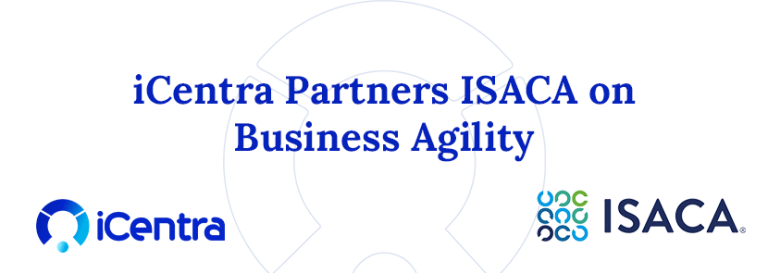In our work with clients, the topic of establishing a Project Management Office (PMO) often arises. Many organizations question its necessity, preferring to assign project management responsibilities to existing staff, who juggle these duties alongside their primary roles. While this approach may seem cost-effective, it can lead to inefficiencies and project failures. Implementing a PMO can address these challenges by providing structure, consistency, and strategic alignment to project execution.

A Project Management Office, or PMO, is much more than a department that tracks tasks. It is a dedicated function that centralizes project processes, enforces standardized methodologies, and ensures that projects align with the organization’s strategic goals. Here are some key reasons why your organization may need a PMO:
- Standardization and Consistency
A PMO establishes standardized processes and methodologies, ensuring that all projects adhere to consistent practices. This uniformity enhances efficiency and reduces errors, as teams follow proven frameworks rather than reinventing the wheel for each project. Standardization also facilitates better communication and collaboration among team members, leading to smoother project execution.
- Improved Project Success Rates
Without a dedicated PMO, projects may suffer from unclear objectives, scope creep, and missed deadlines. A PMO provides oversight and governance, closely monitoring project progress and addressing issues proactively. This vigilant management increases the likelihood of projects being completed on time, within scope, and on budget, thereby enhancing overall project success rates.
- Cost Efficiency
Assigning project management tasks to staff who have other primary responsibilities can lead to divided attention and decreased productivity. A PMO streamlines project management by dedicating resources specifically to this function, optimizing resource allocation, and reducing redundancies. This focused approach leads to cost savings and more efficient use of organizational resources.
- Strategic Alignment
A PMO ensures that all projects align with the organization’s strategic objectives. By evaluating project proposals against business goals, the PMO prioritizes initiatives that offer the most value. This alignment ensures that resources are invested in projects that drive the organization forward, rather than diverting efforts to low-impact activities.
- Enhanced Communication and Reporting
Effective communication is vital for project success. A PMO serves as a central hub for project information, facilitating clear and consistent communication among stakeholders. Regular reporting and updates provided by the PMO keep everyone informed, enabling timely decision-making and fostering transparency throughout the project lifecycle.
How Can You Get Started?
Recognizing that PMO is the backbone of successful project execution. Our PMO Solutions are designed to help organizations implement project management frameworks that drive efficiency, foster continuous improvement, and ensure strategic alignment. With our expert guidance, you can transform your project management processes into a well-oiled machine that delivers consistent, measurable results.
If you are ready to elevate your project management capabilities and achieve lasting success, get iCentra’s PMO Solutions can empower your organization. Visit www.icentra.com or email [email protected] today to learn more.
Implementing a PMO is a strategic decision that can transform how your organization manages projects, leading to increased efficiency, cost savings, and successful project outcomes. Partner with iCentra to establish a PMO that drives your business objectives and positions your organization for sustained success.







What do you think?
Very good